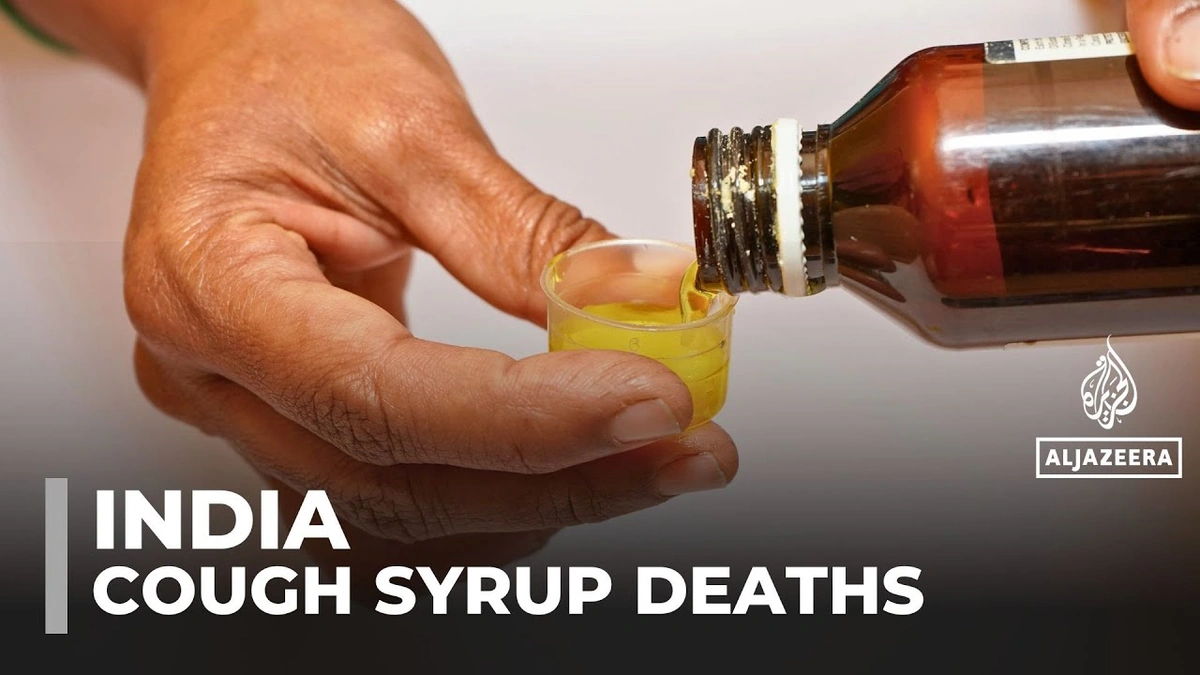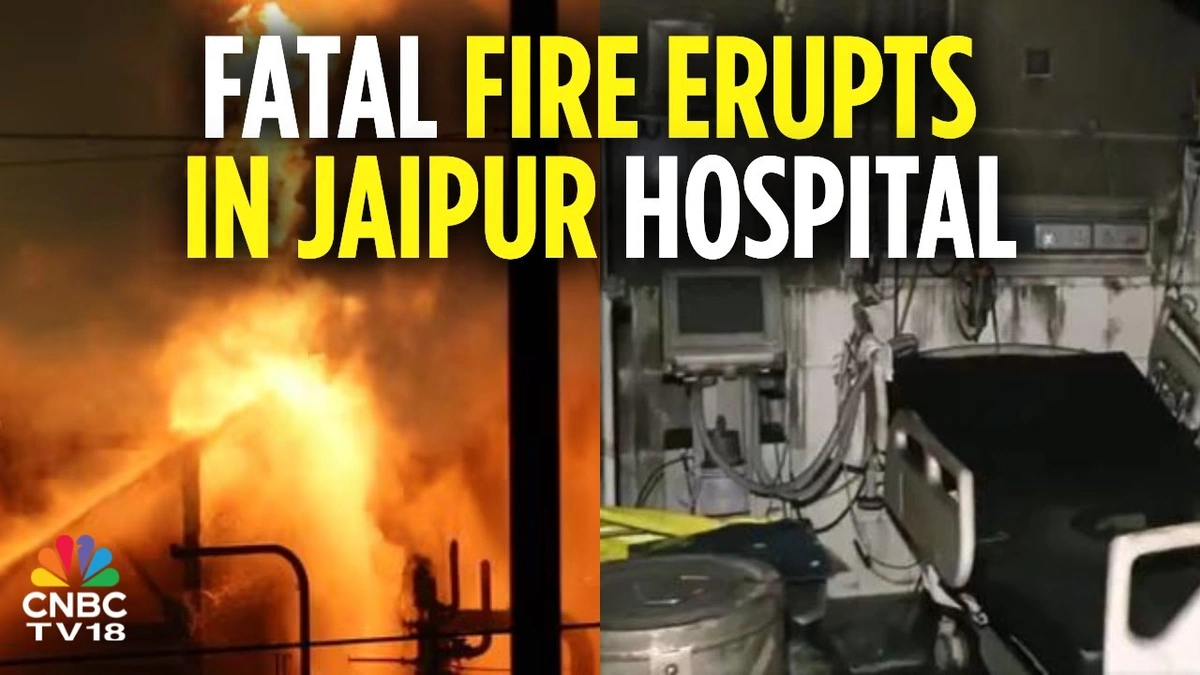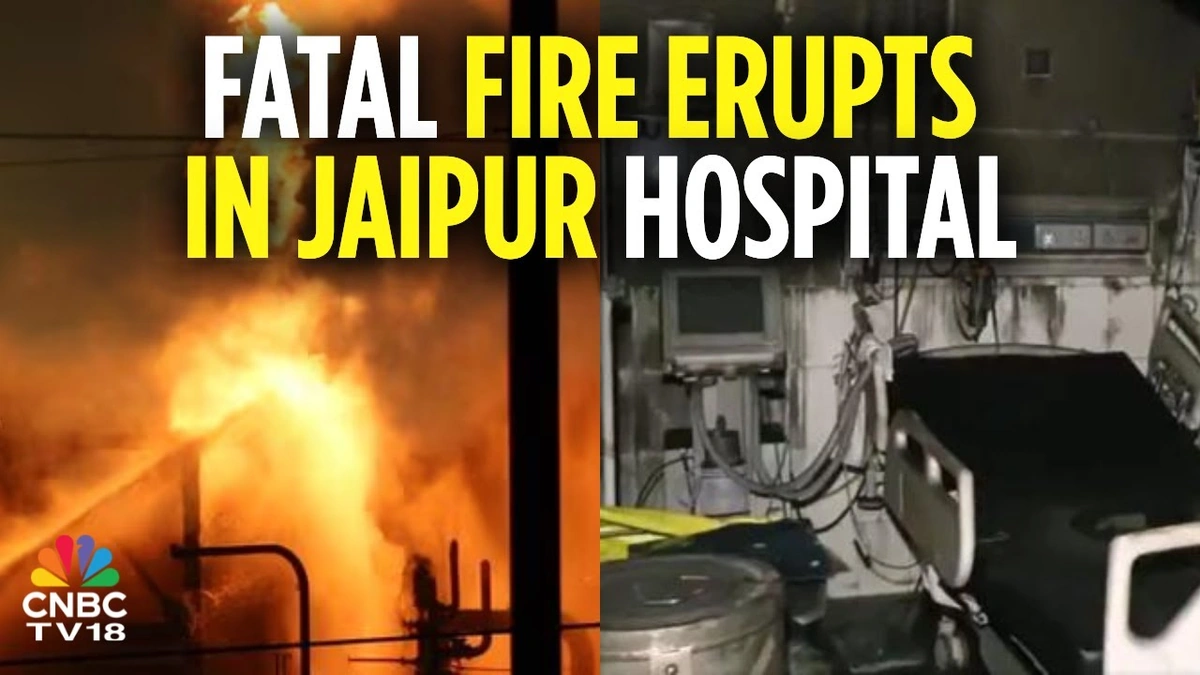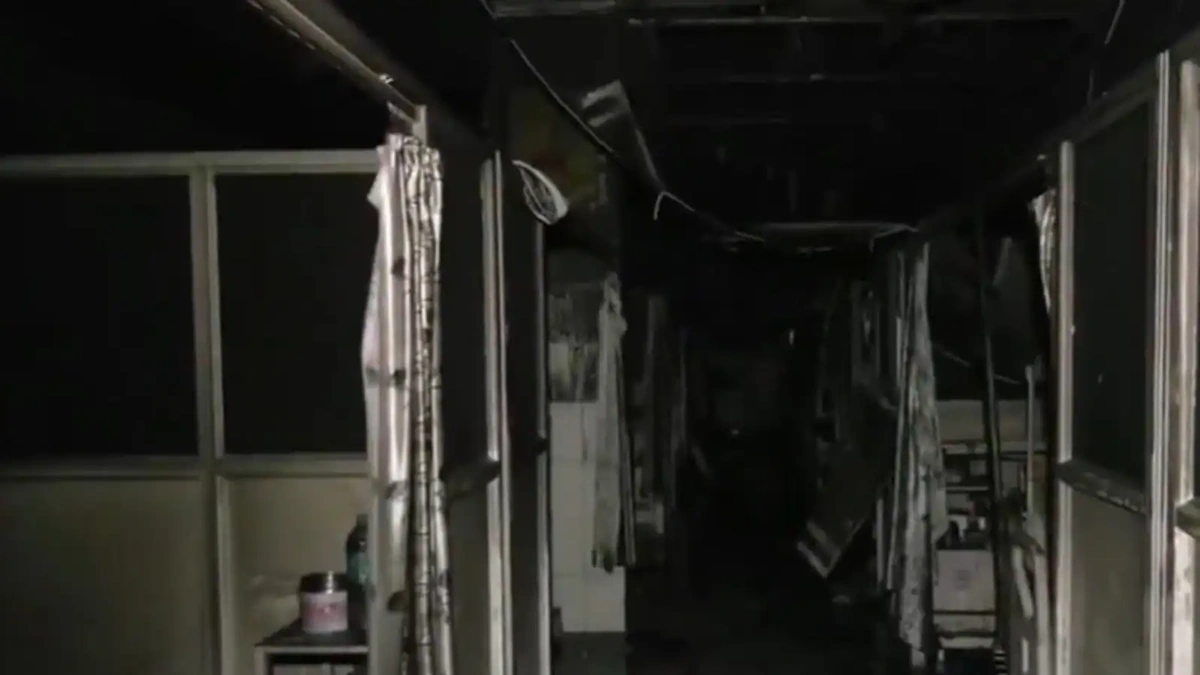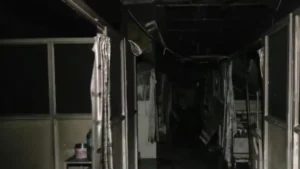India Prosecutes Cough Syrup Company Over Deaths of 14 Children
The news is grim: a cough syrup company in India is facing prosecution in connection with the deaths of 14 children. It’s easy to see this as just another headline, another tragedy. But here’s the thing – it’s so much more. It exposes critical vulnerabilities in our pharmaceutical supply chain and raises profound questions about accountability. This isn’t just about one company; it’s about the safety of medicine we give to our kids. Let’s dive into the ‘why’ – because understanding the systemic issues at play is crucial for preventing future tragedies.
The Deeply Troubling Questions About Quality Control
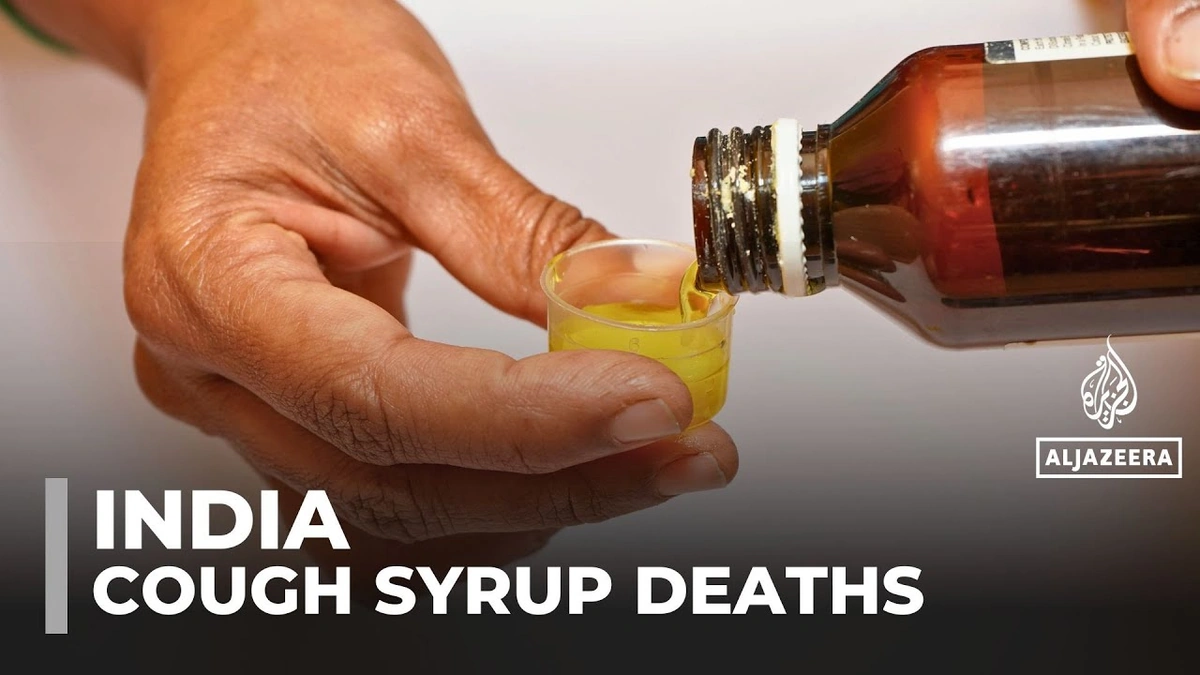
What fascinates – and frankly, horrifies – me is the question of how this could even happen. How did a contaminated product make it through quality control? According to reports, the cough syrup deaths were linked to the presence of diethylene glycol (DEG) and ethylene glycol, toxic substances that should never, ever be in medication. These chemicals are often used in antifreeze and industrial solvents. I mean, seriously? Think about it: something meant to soothe a child ended up poisoning them. That’s a terrifying thought, isn’t it? The Central Drugs Standard Control Organisation (CDSCO), India’s drug regulator, is now under immense pressure. As Wikipedia highlights, their role is to ensure the safety, efficacy, and quality of drugs manufactured, imported, and sold in India. What went wrong?
A common mistake in situations like this is to assume it’s a one-off event. But let’s be honest; this incident may be the tip of the iceberg. Investigations often reveal systemic failures, from inadequate testing protocols to corruption within the regulatory bodies. A robust pharmaceutical industry is built on layers of checks and balances. When those layers fail, the consequences can be deadly. It is important to consider the impact of substandard medicines and the importance of government oversight in pharmaceutical manufacturing.
The Global Implications and India’s Reputation
India is often called the “pharmacy of the world,” supplying affordable medicines to developing countries. But these cough syrup deaths cast a dark shadow. Incidents like these threaten India’s reputation as a reliable supplier and can have far-reaching consequences for global health initiatives. When trust is broken, it’s incredibly hard to rebuild. And let’s be frank – the world is watching. The World Health Organization (WHO) has issued alerts regarding contaminated cough syrups from India in the past, indicating this isn’t an isolated incident. Dehradun , along with other pharmaceutical hubs, are now under increased scrutiny to protect the integrity of their supply chains. Here’s another internal link .
The implications extend beyond just reputation. If countries begin to distrust Indian pharmaceuticals, they may seek alternative sources, potentially increasing costs and delaying access to essential medicines. This is especially critical for nations relying on affordable generics from India. The pharmaceutical industry needs to prioritize transparency and rigorous quality control to maintain its credibility. So, it becomes a global issue impacting healthcare worldwide.
The Path Forward | Strengthening Regulations and Accountability
So, what needs to happen now? Stronger regulations are paramount. This means stricter enforcement of existing laws, increased investment in quality control infrastructure, and more frequent and thorough inspections of manufacturing facilities. But it’s not just about regulations; it’s about accountability. Companies must be held responsible for their actions, and individuals found guilty of negligence or wrongdoing must face severe penalties. There needs to be comprehensive testing to prevent toxic substances from entering the market. The consequences of cutting corners should be so high that no company even considers it.
What fascinates me is the role of technology. Can we leverage AI and blockchain to create a more transparent and secure supply chain? Imagine a system where every batch of medicine is tracked from raw material to finished product, with real-time data on quality control checks. This could help identify potential problems early and prevent contaminated products from reaching consumers. Investing in technology to enhance safety measures is crucial for the future of the pharmaceutical industry.
The Human Cost and the Need for Justice
Let’s not forget the human cost of this tragedy. Fourteen children lost their lives, and their families are left with unimaginable grief. Justice must be served, not just for the sake of punishment, but to send a clear message that such negligence will not be tolerated. The investigation must be thorough and transparent, and those responsible must be held accountable to the full extent of the law. Families deserve closure, and the public deserves reassurance that steps are being taken to prevent similar tragedies in the future. It’s easy to get lost in the details of regulations and supply chains, but we must never forget the faces of those children and the pain of their families. Providing support and compensation to the affected families is an essential part of seeking justice.
The cough syrup tragedy serves as a stark reminder that access to safe and effective medicines is a fundamental right. It’s a wake-up call for India’s pharmaceutical industry and regulatory bodies. We need to ask tough questions, demand transparency, and hold those responsible accountable. Only then can we ensure that no more children suffer the same fate. The pursuit of justice and the implementation of stringent safety measures are essential for restoring public trust.
Beyond the Headlines | Preventing Future Tragedies
I initially thought this was straightforward. But then I realized the story isn’t just about assigning blame. It’s about the much bigger picture – how do we build a system that truly prioritizes patient safety above all else? How do we ensure that the “pharmacy of the world” is also a place where quality and ethics are non-negotiable? It’s easy to point fingers, but what really matters is learning from this tragedy and implementing lasting changes that prevent it from ever happening again. This involves fostering a culture of accountability and prioritizing public health over profits. The long-term goal should be to establish a robust and reliable pharmaceutical industry that adheres to the highest standards of quality and safety.
The need for continuous improvement and proactive measures cannot be overstated. Regular audits, enhanced monitoring systems, and international collaboration are essential components of a comprehensive approach. By focusing on prevention and promoting a culture of safety, we can safeguard the health and well-being of vulnerable populations and maintain the integrity of the pharmaceutical industry. The incident highlights the critical need for ongoing vigilance and investment in robust quality assurance systems to prevent future occurrences of substandard medicines. The drug regulator should take steps to improve monitoring practices.
FAQ Section
What exactly is diethylene glycol (DEG) and why is it dangerous?
Diethylene glycol (DEG) is a toxic chemical typically used in antifreeze and solvents. It’s dangerous because it can cause kidney failure, neurological problems, and even death if ingested. It should never be present in medications.
What are the Indian government doing about the cough syrup deaths?
The Indian government has launched investigations, filed charges against the cough syrup company, and is reviewing regulations to prevent future incidents. There are several changes to pharmaceutical regulations that may be implemented to ensure safety.
How can I be sure the medicines I’m buying are safe?
Always buy medicines from reputable pharmacies, check for proper labeling and seals, and be wary of suspiciously low prices. If in doubt, consult your doctor or pharmacist.
What if I suspect a medicine is contaminated?
Report it immediately to the local drug regulatory authority. Do not consume the medicine and provide as much information as possible about the product.
Are generic medicines less safe than branded ones?
Not necessarily. Generic medicines are required to meet the same quality standards as branded ones. However, it’s essential to buy them from trusted sources and check for proper certifications.
What role does the World Health Organization (WHO) play in this?
The WHO issues alerts about substandard and falsified medical products, provides guidance to countries on regulatory standards, and supports efforts to improve drug safety globally.
